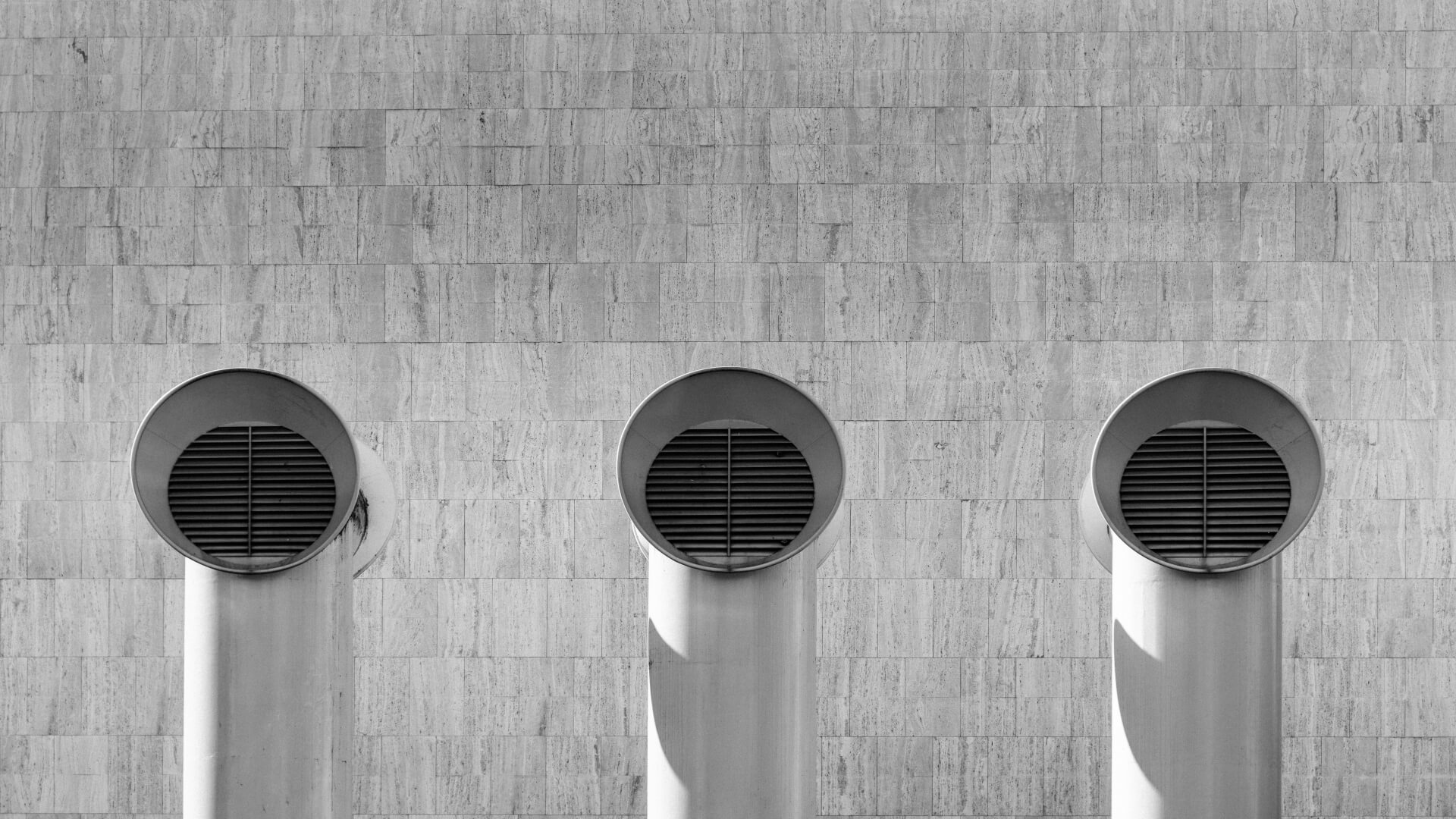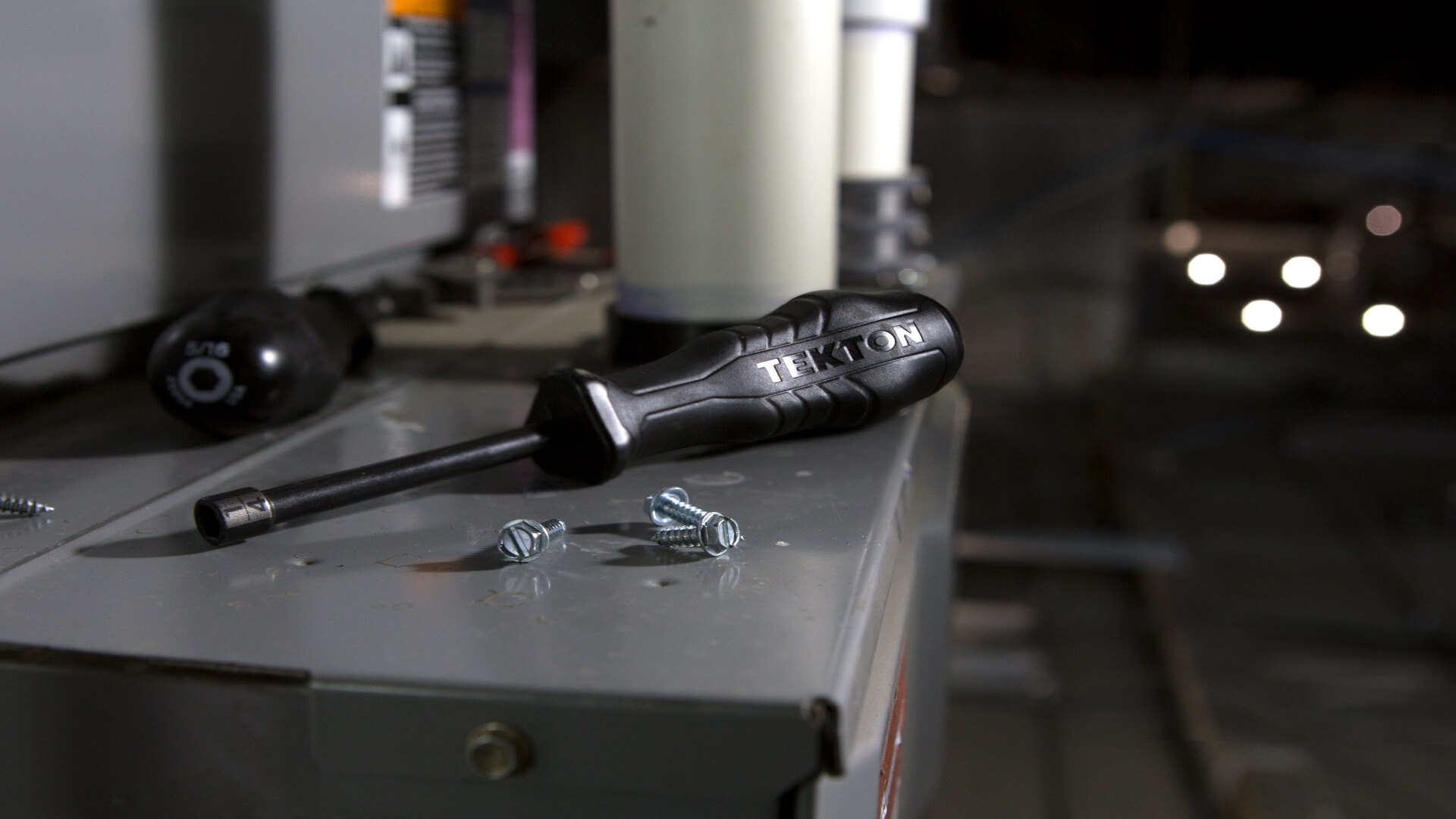Are you not sure whether you really need to buy an HVAC system or not? Imagine coming home to relax and calm your nerves when all of a sudden, your heating breaks down, and you are left in the cold. Or coming home on a hot summer’s day to find out your cooling system isn’t working?
So, without a doubt, your home needs a reliable HVAC system. While quality and durability are the first things to see in an HVAC system, there are other important things that can make your life easy. So here are the most important things to note to make your HVAC system work better.
Filter Cleansing
Your entire HVAC system is based on filters that release hot or cool air according to your choice. Naturally, with time, dirt and dust particles accumulate inside, making the air release process inefficient. However, there is no need to feel anxious about this because you can remove the filters and clean them with water. Dust off the water and dry it before reusing it.
It is wise to keep replacing your filters periodically to get a better experience. If used for more than a month, the filters may release toxic pollutants in your room, leading to less air passing through the filters. So to avoid the hassle, replace your filters at least once every month.
Cleaning the Drainage
Not only do your filters need cleaning, but there are multiple spaces in your HVAC that you need to clear out regularly. Dirt and debris are collected in your indoor and outdoor unit, so you need to ensure that it is properly cleaned. You can start with the filter and go on to clean the condenser. It would be best if you involved a technician in cleaning out the condenser properly. As for the outdoor unit, use blocking vents to clear out any dirt. You have to prevent dirt accumulation by keeping dusty objects like toys and curtains away from the system.
Monitor the System
Monitoring the system doesn’t mean checking if the light is on and the air is flowing out. You need to be a little more vigilant if you want your HVAC to last long.
You have to consider all parts of the HVAC. To stay vigilant about monitoring the whole system, ask yourself, does the outside temperature affect your AC, and if the temperature on the thermostat seems to be okay? You need to double-check if all the cabinet doors are properly closed. These questions, along with a weekly inspection of batteries, drainage, blockings, and mould, will keep your HVAC well-functioning for many years to come.
Keep an Eye on The Thermostat
The thermostat is the most crucial part of your HVAC system. Without it, you can not hope for any temperature shifts, and therefore, in its absence, there is no point in having a temperature control system. So it is only logical that you keep a close eye on your thermostat. If it is acting out, you need to seek immediate help. If you are using a battery-powered thermostat, you need to change the batteries on a yearly basis. Moreover, if your thermostat is programmable, manage automatic settings so that you don’t have to manage temperatures every day.
Notice the Energy Cost
You must monitor your energy costs if your HVAC system is electrical instead of battery-powered. If you notice a strikingly increasing trend in the bills without any change in your usage, it is pretty likely that the HVAC system is malfunctioning. It is probably consuming electricity that is being leaked out due to internal faults.
Usually, the problem is due to dirt accumulation, inadequate fuel, or parts that have worn out. Sometimes the HVAC filters need replacement. Instead of blaming your power company, contact a technician. Once the technician figures out the problem, your energy bills will return to normal in no time.
Maintain Safety Devices
If you are using an HVAC system, you need a carbon monoxide safety detector. This is because fuel combustion can lead to unfortunate incidents such as fire or suffocation that can cost your life. This often happens when fuel leakage or gas leakage occurs due to malfunctioning in the HVAC. In order to avoid an incident like that, you have to pay attention to any minor issues in the system.
Safety detectors not only raise a timely alarm but also make you aware that your HVAC system is failing. A carbon monoxide detector is a good example of such a safety detector as it raises an alarm the moment there is a carbon monoxide leak anywhere in the HVAC system. You should keep it well maintained and keep the batteries fresh and connected.
Declutter Indoor Unit
While keeping the outdoor unit clean and dirt-free, you have to declutter the indoor unit. The clutter-free rule is specifically for the space surrounding the indoor unit. This improves air quality and is safe as the system is away from any potential fire threat. The clutter-free space will also keep dust and dirt at bay.
The ventilation will also be improved as decluttering increases air circulation and, in turn, improves the entire efficiency of the system. As there are no threats to the system, there is no need for expensive repairs. So decluttering is entirely in your favour.
Professional Tuning and Maintenance
You will be involved in a great deal of maintenance and inspection, but without professional help, you will never be able to resolve the technical issues. These tuning sessions should be yearly, once every year. Professional HVAC technicians that are extensively trained will know how to service it properly, deal with minor problems to increase efficiency, and take all preventive measures to keep the system in good shape. The tuning includes, but is not limited to, clearing blockages, thermostat settings, inspecting pressure, and heat exchange.
































